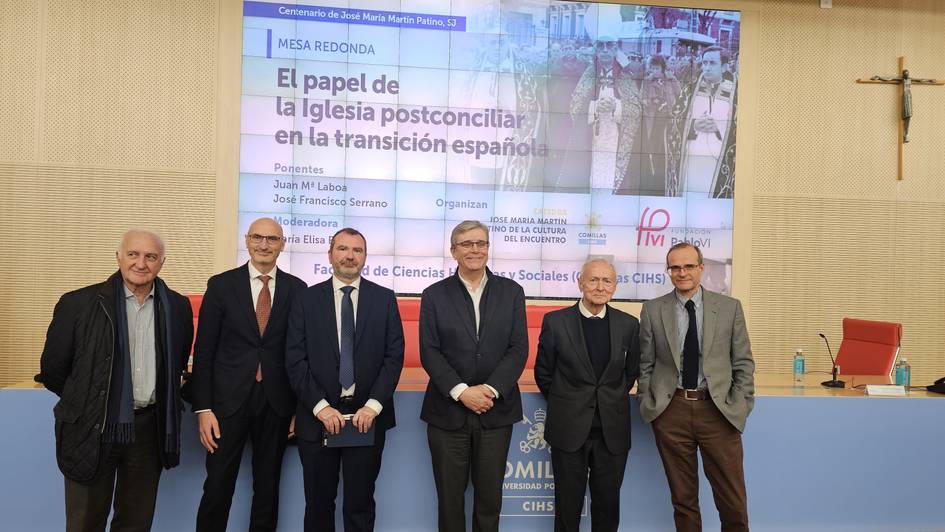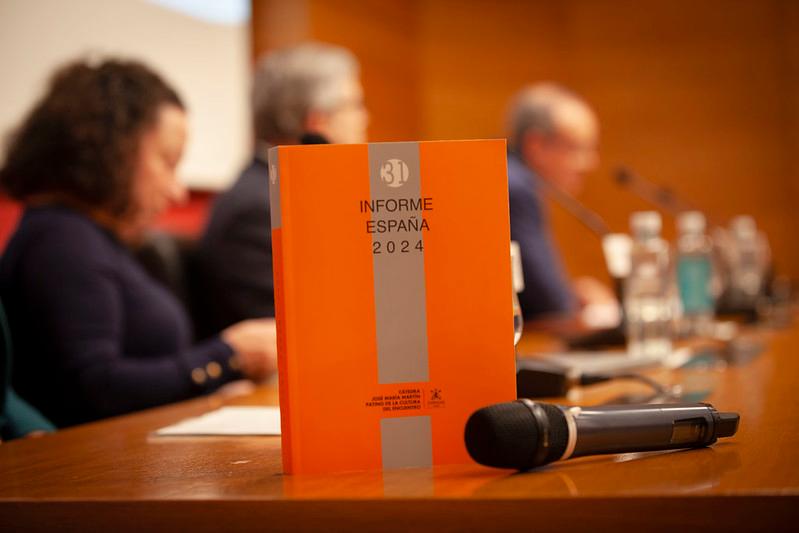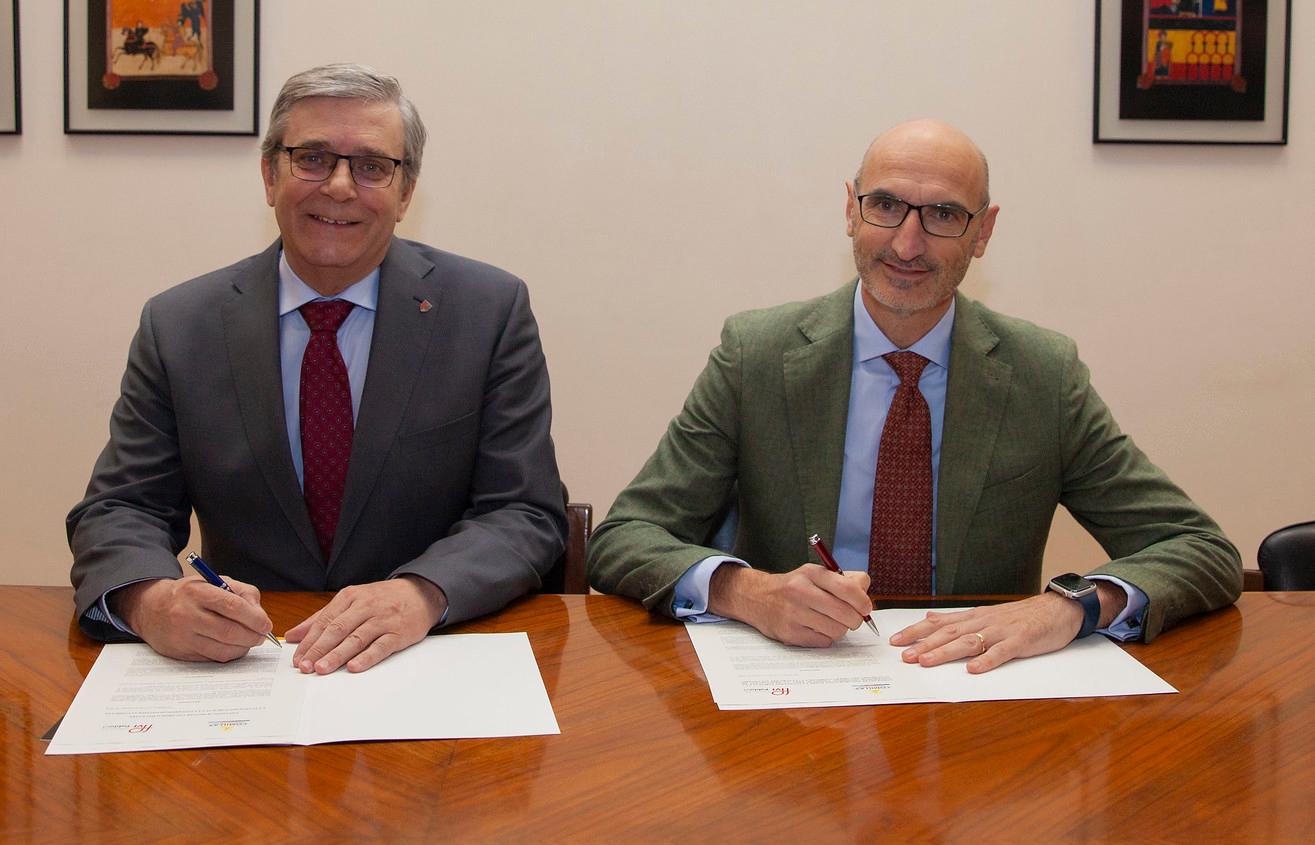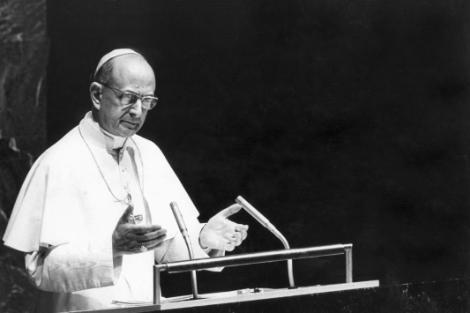What role did the Church play during the Spanish transition?
The commemoration of the centenary of José María Martín Patino, the most influential Jesuit during the transition to democracy, continues

20 March 2025
This year marks the centenary of the birth of José María Martín Patino, a Jesuit priest, a key figure in the Transition, creator of the Encuentro Foundation, author of books and prolific contributor to the press. One of the first events to be held was the round table "The role of the post-conciliar church in the Spanish transition".
Organised by the Martín Patino Chair for the Culture of the Encounter at Comillas and the Pablo VI Foundation, the meeting brought together the theologian, historian and priest Juan María Laboa and the journalist José Francisco Serrano, moderated by the lecturer in Theology at Comillas, María Elisa Estévez. Both Laboa and Serrano agreed on the need to vindicate the work of the Church in building bridges during the transition.
In this sense, Laboa said that the review of the role of the Church in its relationship with the regime "began in the early years of the Spanish post-war period, when priests, lay people and theologians, some of whom were banned in Spain, began to demand that the Church should also make its own transition and that it should focus more on the exercise of charity than on the exercises of power".
For his part, Serrano acknowledged that today the Church's influence in society is much less, and that "a "clericalism and fundamentalism" is taking place that we are not knowing how to respond to, immersed as we are in the debates on identities".
Both said that there are hardly any meeting places in which to discuss the challenges facing the Church, and insisted on the need to hold a Synod of the Spanish Church "to address the real problems it faces".
In addition to the great role he played in the Spanish transition, José María Martín Patino was an important precursor of the Church's dialogue with society, placing value on the role of civil society. After the Constitution was approved, he redirected his activity towards civil society and, from 1985 onwards, he promoted spaces for dialogue between thinkers, scientists and experts in different subjects with different sensibilities in order to create medium and long-term consensus on problems common to different sectors of Spanish society.
The series of events in homage to Martín Patino began with this meeting.
You may also be interested in

The José María Martín Patino Chair for a Culture of Encounter presents the 31st edition of this annual work that analyses the socio-economic reality of Spain

Comillas and the Pablo VI Foundation sign a collaboration agreement to carry out research projects on key issues of public and citizen debate

Prof. Jesús Sánchez Camacho, PhD, publishes this article in the 'Journal of Public Theology', in the framework of his research on communication and Christian social thought.
